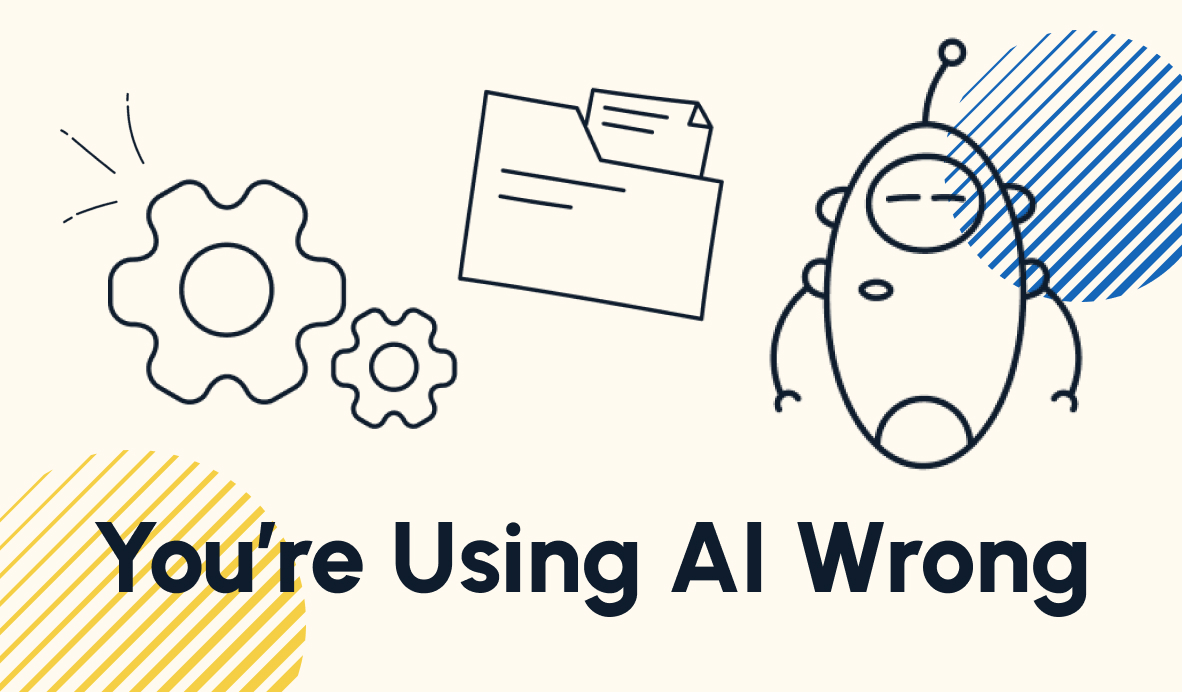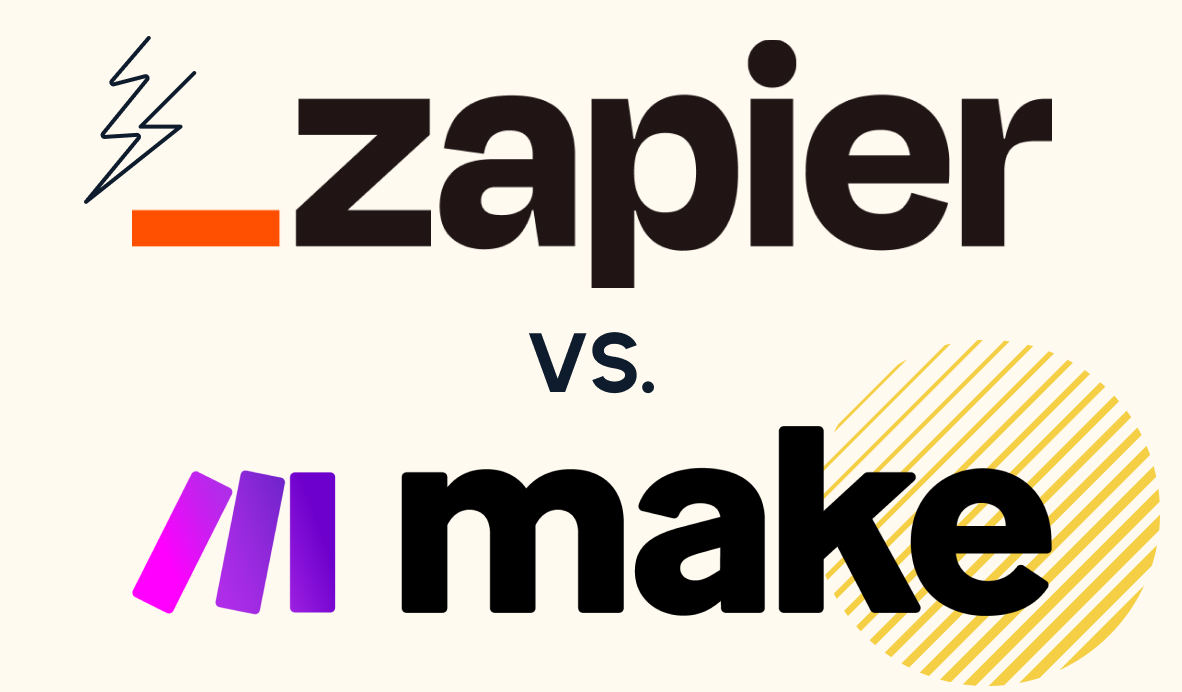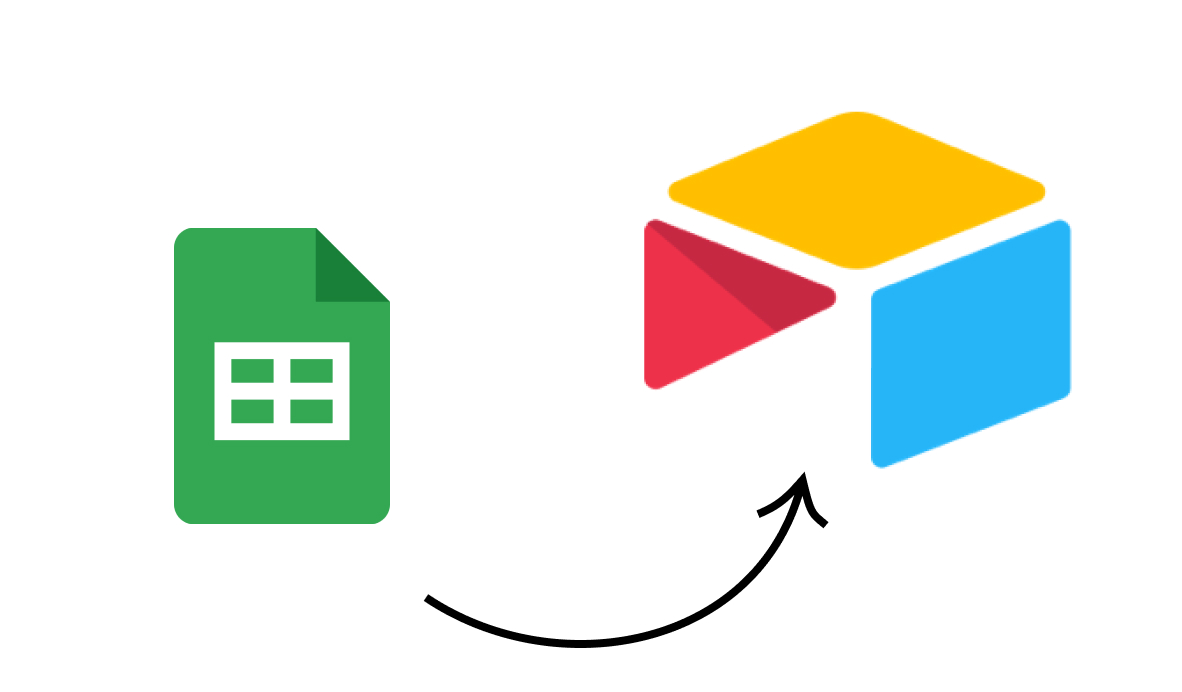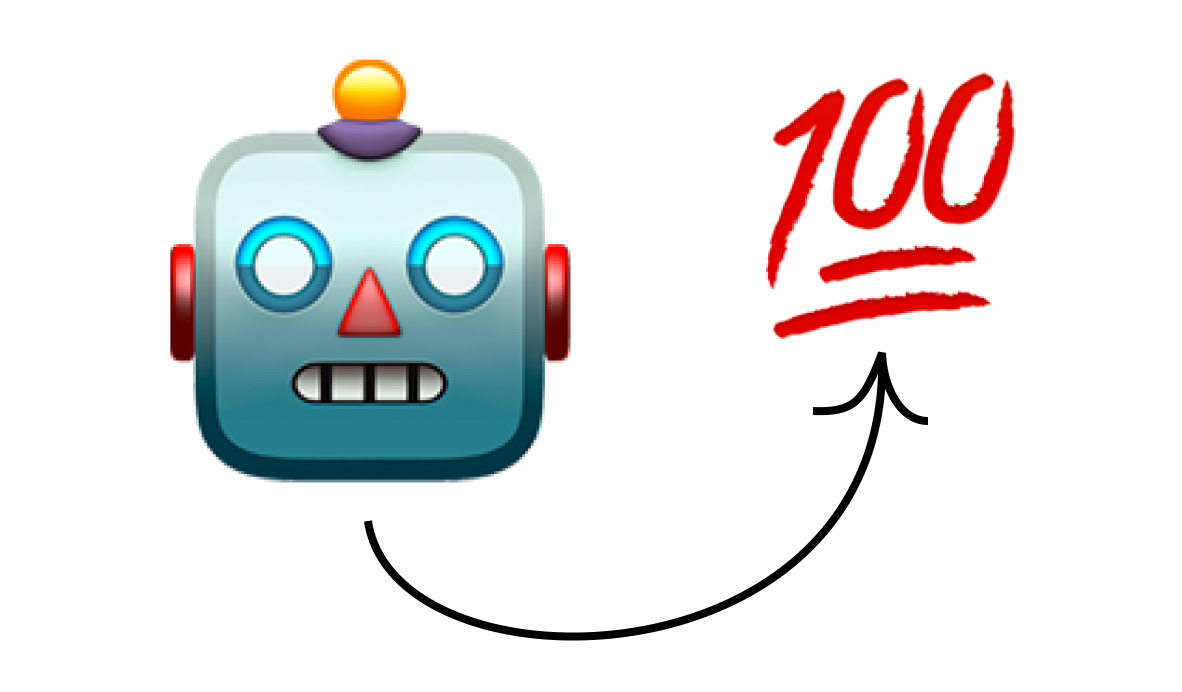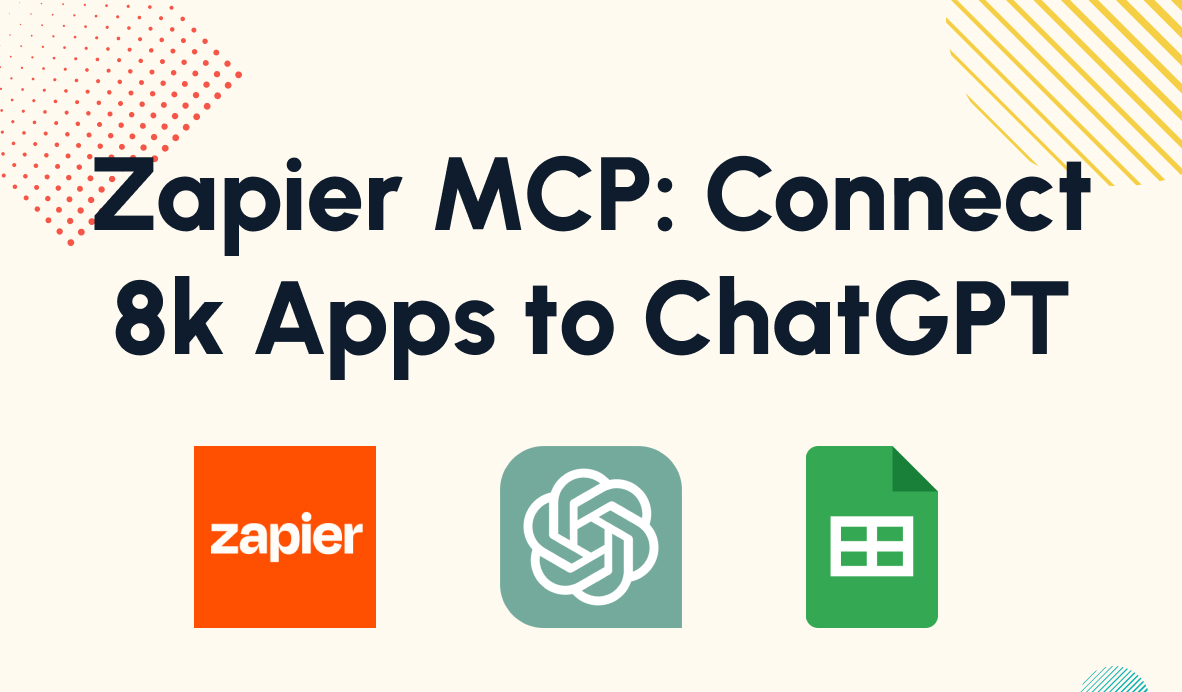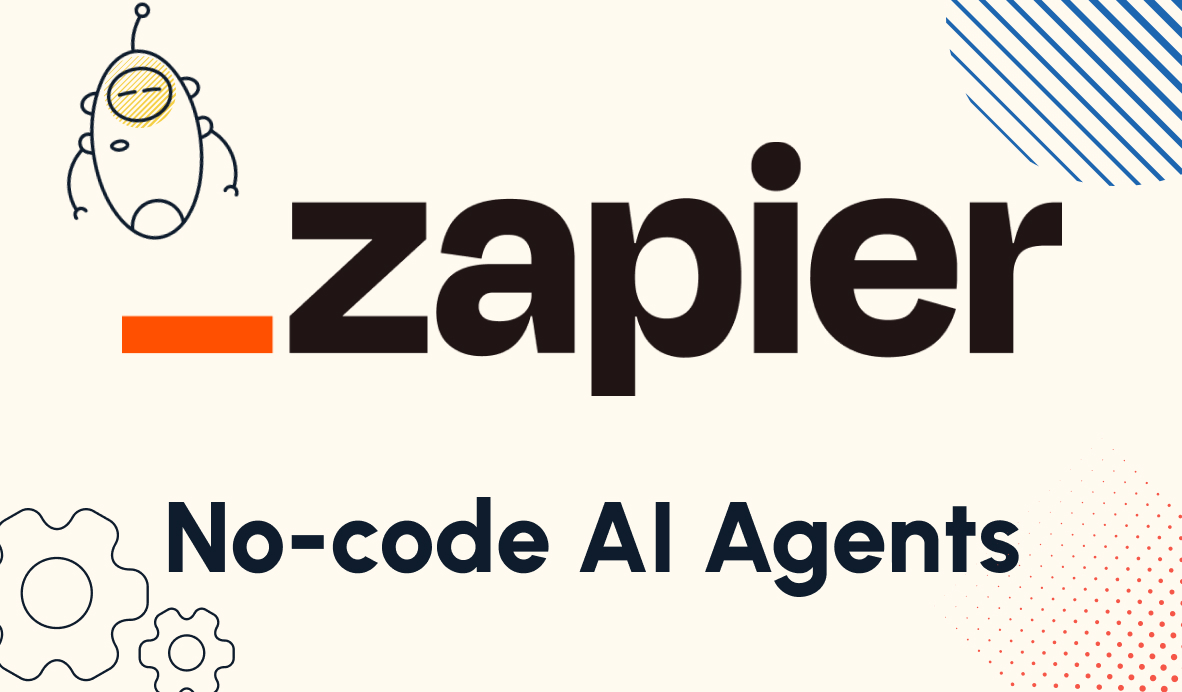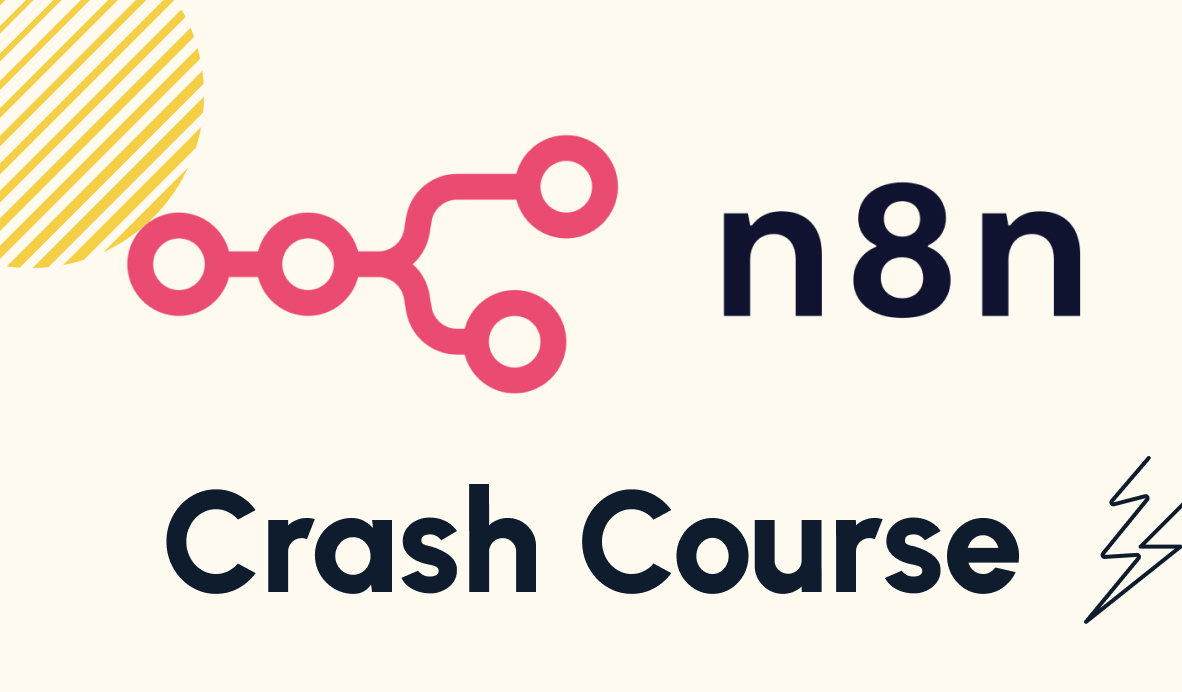Reddit and Twitter’s New API Pricing is a Response to AI, But May Impact No-code Builders
No-code and low-code automation relies on API access to integrate with all of your most frequently used software. So when apps like Reddit and Twitter start dramatically raising their API fees, how will that affect automation platforms? And why have they increased their prices in the first place? We'll explore all of that and more in this post.
July 26, 2023

Recently, major apps like Twitter and Reddit have made drastic changes to their APIs.
While they previously offered access to third-party developers and other users for free or a very low cost, they’ve chosen to hike rates dramatically in recent months.
In this post, we’re going to explore how AI may be responsible for these changes, and we’ll explain how the shifting landscape of API access will have a direct impact on no-code/low-code builders.
Understanding APIs and new policy changes
First, if you’re not aware of events we’re referencing, or just aren’t sure of the details, we’ll give you a quick recap and some background information.
What is an API?
An API, or application programming interface, is a software interface that developers use to let their applications interact with applications built by other companies.
If you wanted to include data directly from an app like Twitter in your own application, you would need to use Twitter’s API to request that data.
Twitter and Reddit’s API price hikes
Back in March, Twitter announced a new pricing plan for its API.
Under this new plan, anyone using the API to post more than 1,500 tweets per month will either need to subscribe to the $100/mo “Hobbyist” tier, or shell out a five-figure sum for the Enterprise plan.
Similarly, in June, Reddit announced a new API pricing scheme that charges $12,000 per 50 million requests, resulting in millions of dollars in API fees each year for the most popular third-party Reddit apps.
Many of these apps, such as Apollo and RIF have shut down after the API changes took effect on July 1st.
So why have companies like Reddit and Twitter decided to raise their API prices so drastically? And why did they offer free or cheap access in the past?
The traditional benefits of cheap API access
Ultimately, offering easy access to your API has long been seen as a great way to get more people using your app - even if they’re using it indirectly through some third party.
Remember the phrase “Web 2.0”? You probably haven’t heard that one in a while. One of the key defining features of “Web 2.0” was the idea that all apps would have a high degree of connectivity and interoperability, enabled in part by easily accessible APIs.
For instance, using Twitter as an example, everything from simple “Tweet this” widgets or embedded Twitter feeds would use Twitter’s API.
This always cost Twitter some money, but in the past, they were happy to shoulder that burden, since it meant more eyeballs on their platform.
So what changed?
There isn’t one single answer, and Twitter’s financial situation and new ownership are certainly critical factors - both of which have been discussed at length elsewhere.
Meanwhile, Reddit is gearing up for an IPO, and is eager to show potential investors that their business model can be profitable.
Raising API charges will directly bring in more revenue for a company that’s never shown a profit.
Additionally, as third-party Reddit apps shut down, more users will be funneled to Reddit’s official app, where they can earn more revenue from ads.
But while these factors are certainly an important part of each company’s strategy, one often overlooked aspect that I want to highlight here is the rise of AI.
How AI made web data more valuable
At this point, you’ve seen what AI language models can do. Apps like ChatGPT can provide shockingly good answers to nearly any prompt.
And it goes far beyond simple questions and answers. Consumer AI can compose essays, blog posts, poems, and even some halfway decent code.
But AI isn’t able to generate all of this out of thin air. AI models have been trained on massive amounts of data from around the internet for years.
To be able to generate convincing language, AI language models had to learn how we, as people, write and express ourselves.
The largest and most diverse source of data for written language is, of course, the internet.
And the best way to process billions upon billions of Tweets, Reddit posts, Tumblr blogs and more is to use each app’s respective API.
By using the API, AI developers and researchers could systematically scrape publicly accessible data much more efficiently. And all of that data would be structured neatly and consistently for their software and team to process.
Charging AI tools for data access
With expertly trained models now making waves in every space from the Healthcare sector to Hollywood, AI is now a multi-billion dollar industry.
The data that apps like Reddit and Twitter generate is more valuable than ever, but because of their API pricing, they weren’t getting any real compensation for that data.
And the AI models aren’t embedding or linking to other platforms the way that we would normally see with traditional API usage.
In other words, ChatGPT doesn’t tell users that a given answer was “inspired by Twitter” or anything like that.
Twitter and Reddit aren’t getting more people on their platforms from AI apps in exchange for the API usage.
So to recoup their costs, and to try to make some money from the emerging AI industry, Reddit and Twitter are now asking for higher fees to access their API.
How higher API rates will impact low-code automation
So how is this going to affect those of us who build apps and automated workflows with no-code tools?
Ultimately, “no-code” tools are only no-code on the user’s side of things. Behind the scenes, platforms like Zapier and Make rely on APIs to access all of the apps that they have integrations for.
With API access often being free or cheap, automation platforms can, in turn, keep their prices reasonably low as well.
But if more apps start to charge higher rates for their APIs to make some money off of AI data-scraping, then automation platforms will have to raise their rates to keep up.
Why Twitter is now a “premium” app in Make
This isn’t just a hypothetical. You can already see some consequences of Twitter’s new rates. On Make’s pricing page, they indicate that only paid plans can access their “premium” apps.
Make’s premium apps consist of a variety of enterprise-grade tools, and just one consumer app to date: Twitter.
If Make’s users started automating with Twitter for free through their platform, Make would lose money as they foot the bill for Twitter’s API charges.
Will other platforms raise their API rates as well?
For now, we’re not seeing a lot of other apps follow suit, but it may just be a matter of time.
We expect to see Stackoverflow and other vibrant communities make similar changes in time.
Hopefully, they’ll approach the price hikes in a more reasonable or incremental way, such as by targeting the AI companies exclusively instead of saddling all API users with huge charges.
In the end though, we may be stuck paying much higher prices pretty soon, and automators certainly won’t be the only people impacted.
Accessibility concerns
Apps and utilities focused on enhancing accessibility were some of the first to sound the alarm when Reddit and Twitter began imposing new API limits.
Many accessibility features rely on being able to access application data through an API and not just through a visual interface.
The companies have carved out some exceptions for accessibility-oriented apps, but the developers and the community remain concerned about what may happen in the future.
Don’t wait to start automating your work
For the time being, builders like our team at XRay can keep using Zapier, Make, Workato, Airtable and other no-code tools just like we always have.
But in the future, these tools could start to become more expensive. If there’s something you want to automate, waiting could be costly. It’s best to start building now.
If you’d like to learn more about workflow automation, be sure to check out our blog or our YouTube channel. You can also follow XRay on Twitter, Facebook, or LinkedIn.


